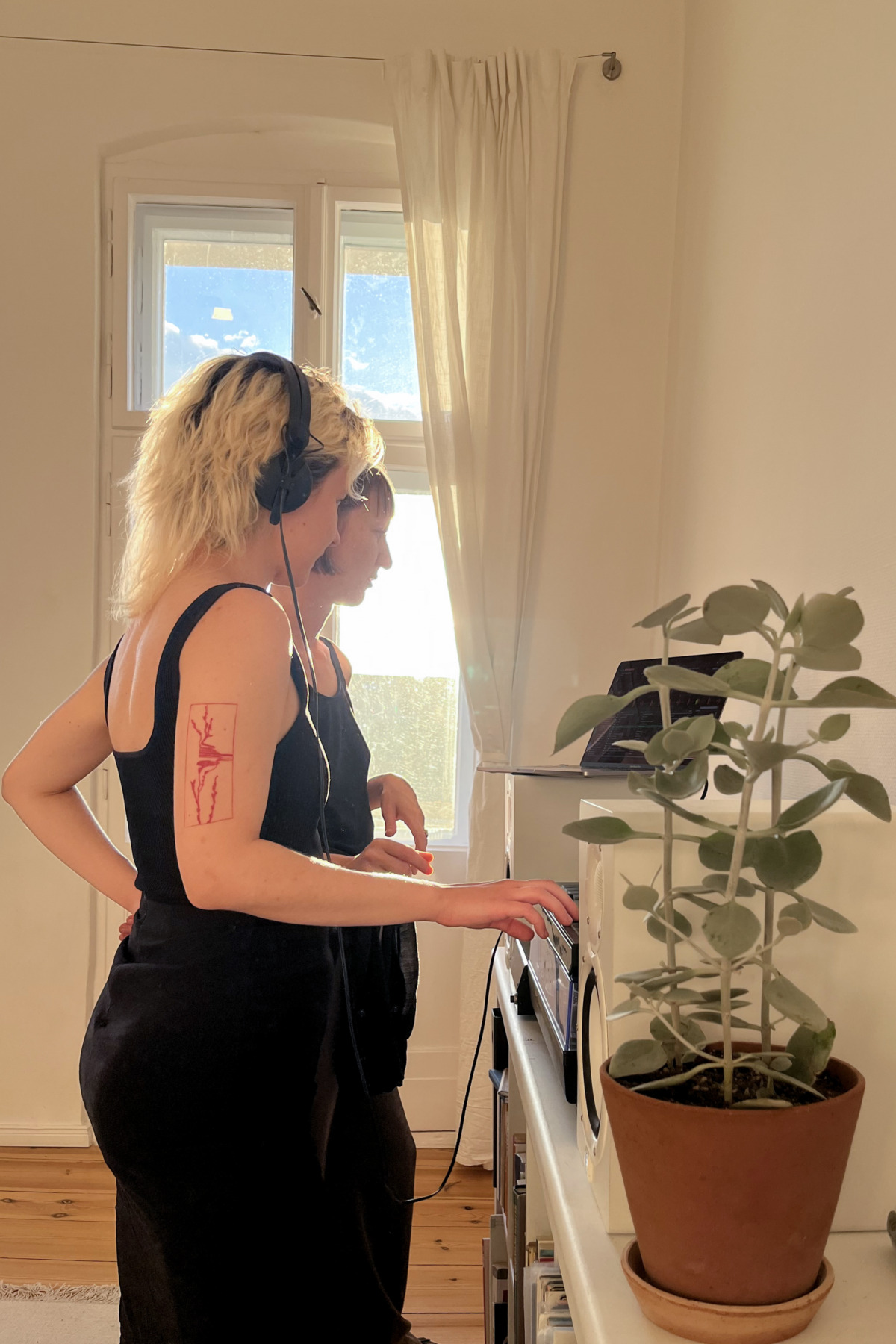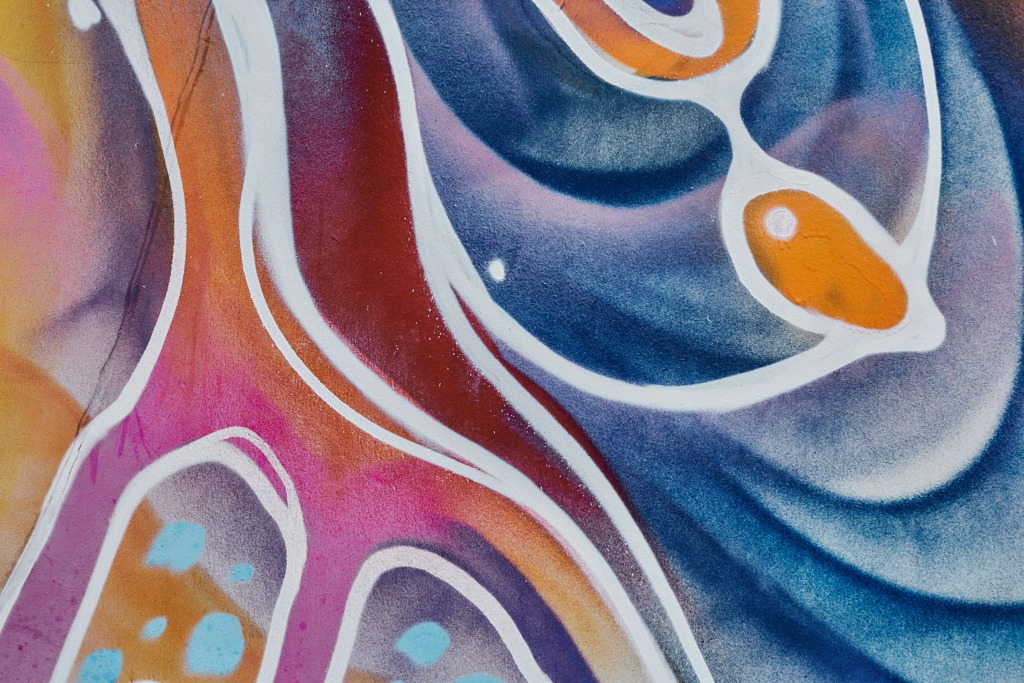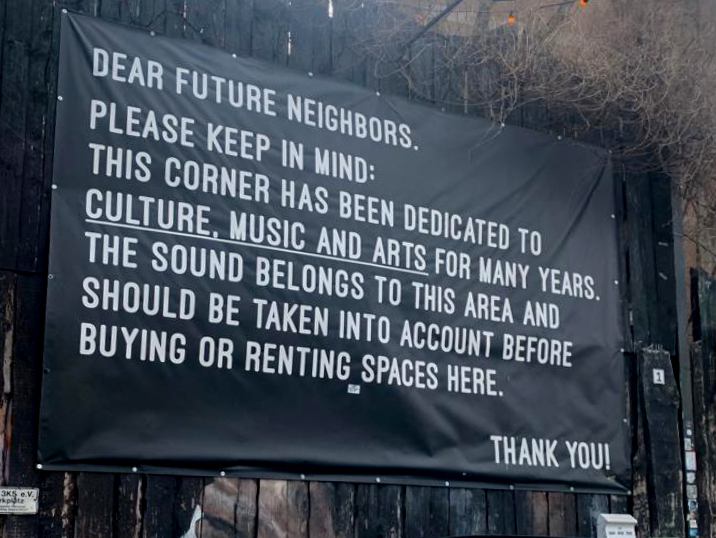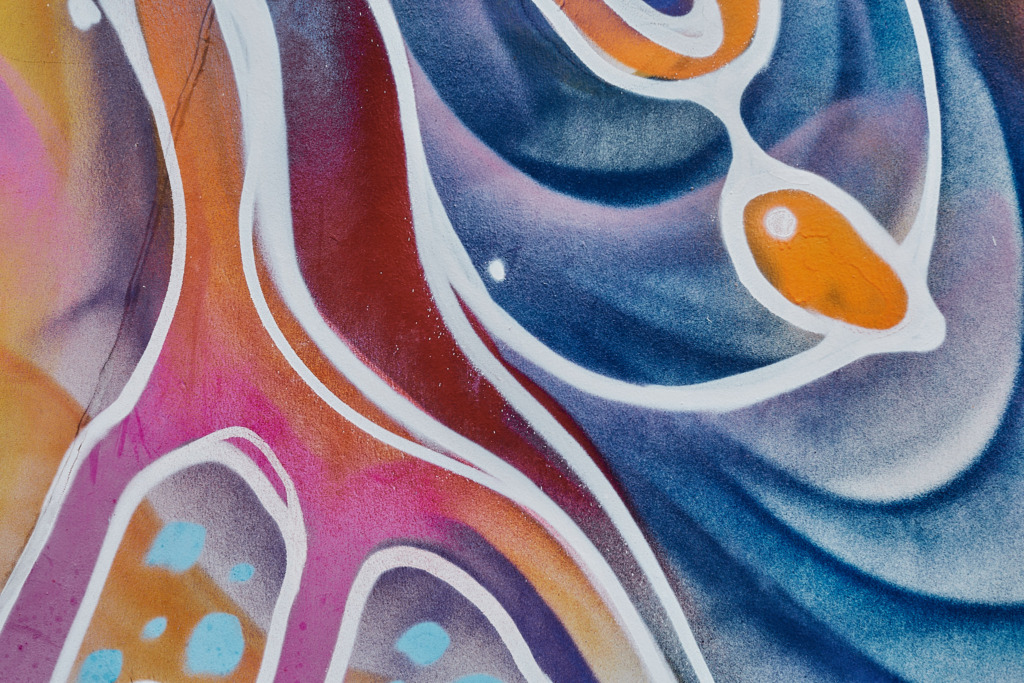Press play and imagine you are on a dancefloor, enveloped in lights and smoke, while bodies gently sway to the pulsating beat.
From dusk till dawn is when, for Anastasiya Varenytsya, a city bursts into life. While society has stigmatized club culture as a hedonistic form of leisure, a deeper meaning lies within its capability to heal, create community and work as an outlet for free expression. As a nighttime governance researcher, Anastasiya Varenytsya advocates for raising awareness around nightlife’s social, cultural, and political value. Partaking initially in Singapore’s club scene as a student soon spurred her to reexamine it through a more critical lens. The next step, inevitably, was to move to Berlin—a city at the epicenter of nightlife. Through working for VibeLab, a night-time research consultancy and advocacy group, she contributed to an array of projects at the forefront of safeguarding nightlife, from the Global Nighttime Recovery Plan to Creative Footprint. Her latest research was developing the groundbreaking Rise Up – A Global Nighttime Manifesto, a collective reflection on the value of nightlife for communities worldwide, and a call to action for safeguarding its future.
Needless to say, her relentless pursuit of bringing nightlife out of the darkness and into the forefront of the cultural conversation has only just begun. For mixtape #180, Anastasiya Varenytsya curated an eclectic list of tracks drawing from the genres of dark disco, EBM, downtempo, and post-punk.


-
What sparked your passion for nightlife?
My passion has always been about the music, but it has also grown to mean so much more. I started attending music festivals and open airs in high school in Chicago, enjoying everything from dubstep and trap to funk and hip-hop. My exposure to techno and club culture was in Singapore. The parties of The Council, Darker Than Wax, and Kilo Lounge, among others, were a huge breath of fresh air for me when I first moved, and they made me believe that I could make a home in Singapore. It was also in Singapore that I started engaging with nightlife more critically. I found myself wanting to learn more and more about Singapore’s nightlife and the rich history of techno around the world—including in my home city.
-
Can you tell us a little bit about your work as a nightlife researcher?
I am currently working on my senior thesis on nighttime governance in Singapore and how the techno and house scene organizes events and operates venues while navigating the state’s regulations. In other words, how do you throw a party in Singapore, and what makes it so hard? With the advocacy group VibeLab, I have had the pleasure of assisting with various projects such as Rise Up – A Global Nighttime Manifesto, where we brought together over 120 creatives from 55 cities to reflect on a collective vision for the future of nightlife. A big challenge was writing something that could appeal to many communities. I hope that the work I am involved in, now and in the future, contributes to a more informed understanding of how we can navigate our time’s social, political, and environmental concerns to create better futures.

-
What have been your all-time favorite events in Berlin?
Without giving away too many secrets, I have loved the never-ending parties at Kater, Barfuß Sundays at Beate, Disco Bizarre at KitKat, and House of Lunacy in the labyrinths of Renate. I loved exploring the soundscapes of different dance floors across the city and discovering new favorite DJs and club genres. Some of my most memorable sets and parties include Exildiscount in Renate’s Green Room, Ouissam at Panorama, Wuza’s birthday party at one of Rummels Bucht’s last events, and the Kater residents MiAs, Mila, Mira and Chris, to name a few. I also hold the bittersweet memory of seeing the late Cats on Crack’s last set in Berlin, a Singapore DJ and visionaire who moved mountains for our scene in Singapore.
-
In addition to studying the club scene, you advocate for protecting and safeguarding this area of society for its participants. What are the challenges you have faced being a nighttime advocate?
Being taken seriously—both on the academic and advocacy front. Many of the challenges that people face within the scene, advocacy circles, academia, and research stem from the stigma attached to nightlife as hedonistic—and perhaps the stigmatization of hedonism itself. On the academic front, I have been questioned about how nightlife can be a serious subject of study or how it contributes to society. On the advocacy side, there are challenges with getting heard by governments and official stakeholders and by communities, especially in contexts where advocacy work is uncommon or restricted. But the pandemic has shown for many scenes that the future is not guaranteed unless we commit to it and find sustainable ways of working with each other and different stakeholders.
-
What do you envision the future and safety of nightlife looking like?
One in which nightlife inspires us to imagine alternatives to neoliberalism and discover regenerative ways of living, relating, and becoming.

“I hope that the work I am involved in, now and in the future, contributes to a more informed understanding of how we can navigate our time’s social, political, and environmental concerns to create better futures.”
-
Partying can be political. How has nightlife culture been eroded as a space for letting loose rather than one that can empower people?
While we should not view clubs and nightlife spaces as utopic and somehow exempt from social injustice, there are many ways in which they continue to be empowering. In a time of polarization, digitalization, and war, nightlife culture can bring different people together and provide a sense of inspiration, inclusion, purpose, joy, freedom, pleasure, and more.
-
Having lived and partied in Singapore and Berlin, how do these different nightlife environments compare?
The differences between the cities are night and day. Everything from a city’s history and governance structure to its geographic location can impact the kind of nightlife it sees. But what resonates with me is how Kavan (from the Singapore-Berlin label Midnight Shift) described the relationship between the two: “Singapore taught us discipline and hard work whilst Berlin has taught us to release the mental restrictions we have been personally bound to.” What also runs true—in Singapore, Berlin, and many other places—is the love of dance and the amazing potential of a dancefloor to unite and heal.


-
Do you have any pre-ritual routine before you go out for a night? What music do you listen to when getting ready?
Eat well and pack my “party backpack”—bananas, bread, magnesium supplements, and contact solution, since only time will tell when I will return home, at least in Berlin. If there is someone I am looking forward to seeing play, I will usually listen to a set of theirs as I get ready. Most recently, that has been Sunju Hargun’s Patterns of Perception podcast in anticipation of Outer Bounce’s inaugural event in Singapore, and Bongomann’s amazing ambient production Wake Up / Kick On before a rare live performance hosted by Blackout Agency.
-
What is your go-to dance move?
Something tapped into the groove of contemporary or classical dance—it does not matter if it is low-pitched downtempo or fast-forward techno.
-
Finally, how did you select the tracks for this mixtape?
I went for something chill and sexy—a compilation of mostly new wave and dark disco with some EBM, post-punk, and 80s tracks sprinkled throughout. I was also happy to find a way to include a song by the Ukrainian experimental folk group DakhaBrakha, one of my favorite musical discoveries of the year. The playlist represents a music score that I will gladly listen to deep work or at a party.

“In a time of polarization, digitalization, and war, nightlife culture can bring different people together and provide a sense of inspiration, inclusion, purpose, joy, freedom, pleasure, and more.”
Anastasiya Varenytsya is a writer and nighttime researcher who is a final-year student of Global Affairs and Anthropology in Singapore. She has contributed to projects for VibeLab, an organization based out of Berlin, Amsterdam, and Sydney, which is spearheading nightlife advocacy on a global scale. She also was a key researcher for Rise Up – A Global Nighttime Manifesto, a project gathered from a pool of 120 creatives from 55 cities in a united effort to foster safer and more sustainable nighttime scenes around the world. Head over to the link to sign the manifesto, engage with, and share this relevant conversation!
You can also donate to the community fund organized by K41 (∄), one of the key institutions of Kyiv’s nightlife and creative scene, to support ongoing efforts in Ukraine.
Make sure to follow Anastasiya Varenytsya to keep up to date with her projects!
Images: Nydia Shiang
Interview and Text: Isabelle Moulding

